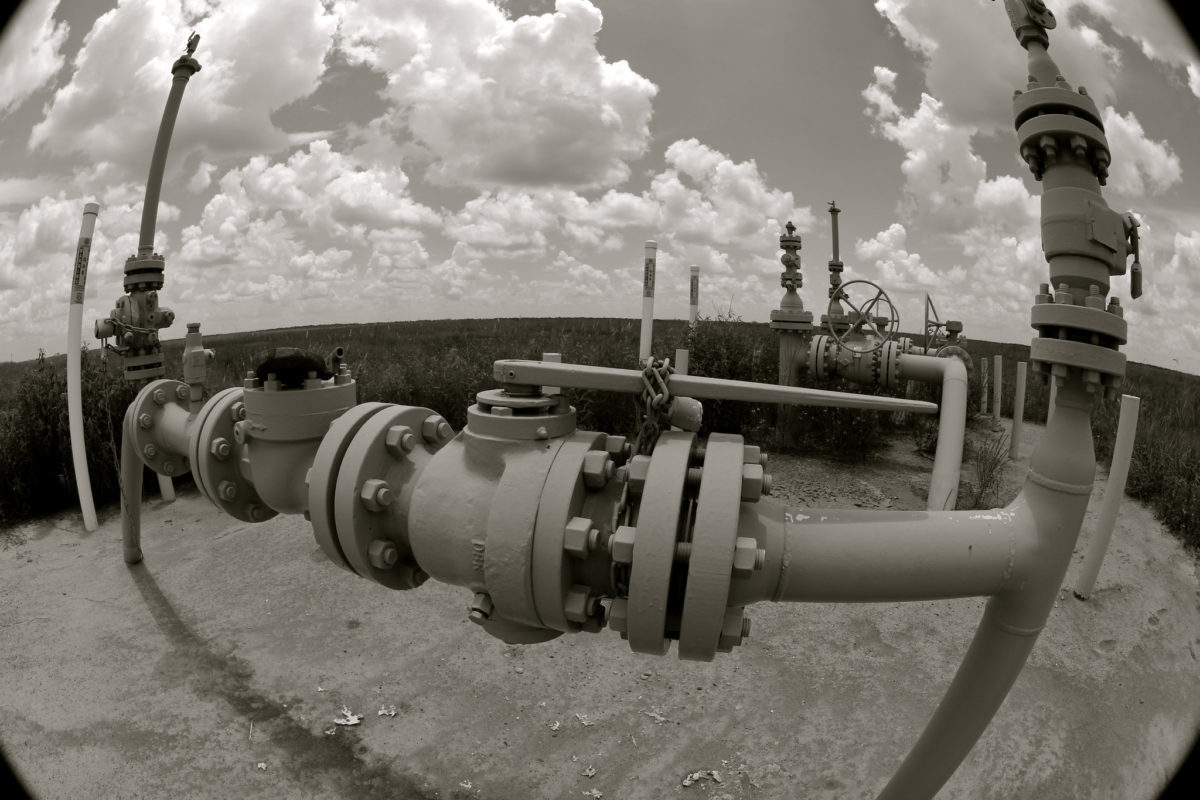Utility the Georgian Oil and Gas Corporation (GOGC) has asked consultants from the European Bank for Reconstruction and Development (EBRD) to explore the potential costs of generating and transporting green hydrogen for export.
The arrangement, which was signed last week and will see the EBRD provide technical co-operation “over the next few years,” was part of the agreement by the development lender to provide a €217 million loan to refinance a GOGC corporate Eurobond following the Covid-19 crisis.
Under the arrangement, the EBRD will assess the costs of generating hydrogen from Georgia's abundant hydropower resources and transporting it through the nation's existing gas pipe network.
A statement released by the EBRD said hydropower supplies 75-80% of Georgia's electricity.
Popular content
Aida Sitdikova, director and head of energy in Eurasia at the EBRD’s Sustainable Infrastructure Group, said: “It’s all very early days and still innovative, as it would be for any country. But we feel the Georgian government is receptive and proactive. Georgia was the first country in the EBRD region to request our assistance with [the] development of green hydrogen. We believe that at this level of political buy-in there is a good chance of successfully completing this preparatory work and looking at specific projects sometime down the road.
“Georgia is most relevant in terms of the availability of cheap hydro that is otherwise wasted. And the future-proofing of their infrastructure to be able to accept hydrogen as a blended fuel is something we should be supporting and doing more of.”
This content is protected by copyright and may not be reused. If you want to cooperate with us and would like to reuse some of our content, please contact: editors@pv-magazine.com.



1 comment
By submitting this form you agree to pv magazine using your data for the purposes of publishing your comment.
Your personal data will only be disclosed or otherwise transmitted to third parties for the purposes of spam filtering or if this is necessary for technical maintenance of the website. Any other transfer to third parties will not take place unless this is justified on the basis of applicable data protection regulations or if pv magazine is legally obliged to do so.
You may revoke this consent at any time with effect for the future, in which case your personal data will be deleted immediately. Otherwise, your data will be deleted if pv magazine has processed your request or the purpose of data storage is fulfilled.
Further information on data privacy can be found in our Data Protection Policy.